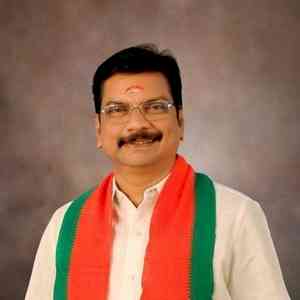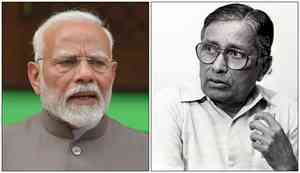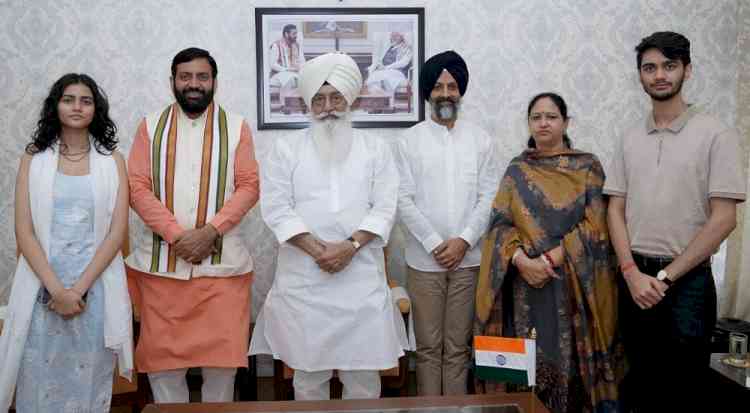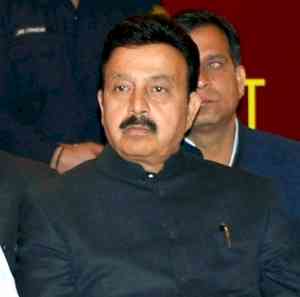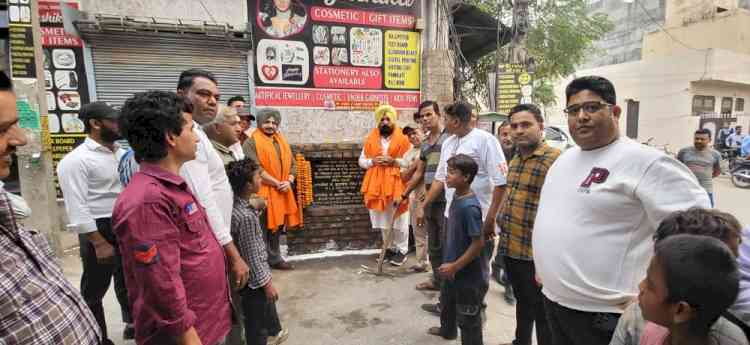Khalistani voices do not resonate with majority of Indo-Canadians
The Punjab-origin diaspora holds a prominent place in Canadian society and politics, but the killing of pro-Khalistan Canadian Sikh leader Hardeep Singh Nijjar has roiled India and Canada’s longstanding bilateral relationship, which is based on strong people-to-people ties after Justin Trudeau voiced suspicions that Indian authorities might be linked to the killing in Vancouver in June.
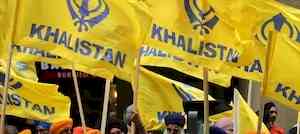
Vishal Gulati
Chandigarh, Sep 22 (IANS) The Punjab-origin diaspora holds a prominent place in Canadian society and politics, but the killing of pro-Khalistan Canadian Sikh leader Hardeep Singh Nijjar has roiled India and Canada’s longstanding bilateral relationship, which is based on strong people-to-people ties after Justin Trudeau voiced suspicions that Indian authorities might be linked to the killing in Vancouver in June.
Canada is now home to the largest Sikh population outside India, with about 8,00,000 Sikhs calling Canada home, with roots of the first Sikh in the country dating back to the 1800s.
A majority of people of Indian origin live in the Greater Toronto Area, Greater Vancouver Area, Montreal and Calgary. India established diplomatic relations with Canada soon after its Independence in 1947.
Canadians voted to send 17 Indian-origin MPs, mainly from Punjab, in the snap polls for the 338-seat House of Commons -- one MP less from the 2019 polls.
In the present Trudeau government, three ministers are from India. They are Harjit Singh Sajjan, Anita Anand and Kamal Khera.
Four Indian-origin members who served in Trudeau’s previous Cabinet were Harjit Singh Sajjan, Navdeep Bains, Bardish Chagger and Anita Anand, the first Hindu to occupy a ministerial berth in Canada.
Among the prominent politicians who left India and emerged as a key player in local politics is former Canadian Defence Minister Sajjan.
In April 2017, then Punjab Chief Minister Captain Amarinder Singh dubbed Sajjan a “Khalistani sympathiser” and refused to meet him during his visit to India with Prime Minister Trudeau.
“They (Khalistani sympathiser) had prevailed upon the government to prevent my entry into Canada, where I wanted to go to meet my Punjabi brethren and not to campaign for elections,” Capt Amarinder was quoted as saying in an official release.
Later, Capt Amarinder as the Chief Minister had lauded Sajjan for clarifying his stance on Khalistan, and congratulated Canadian Prime Minister Trudeau for creating the necessary environment against secessionist forces believed to be operating from his country.
Indian-origin politician and Defence Minister Anita Anand’s father was from Tamil Nadu and mother from Punjab, both physicians. She was born in Kentville in Nova Scotia.
The Trudeau’s minority government is being supported by 24 members of the New Democratic Party (NDP), led by Jagmeet Singh, known for his vocal support for the freedom of Khalistan and vowed to get justice for Nijjar who was shot dead in June.
“Today we learned of allegations that agents of the Indian government murdered Hardeep Singh Nijjar -- a Canadian killed on Canadian soil. To all Canadians, this is my vow. I will leave no stone unturned in the pursuit of justice, including holding Narendra Modi accountable,” Jagmeet Singh wrote in a post on X on September 19.
He spoke in Punjabi during his speech in the House of Commons during routine proceedings on the revelations regarding the government identifying the Indian government in the extrajudicial killing of Nijjar.
According to the NDP, Jagmeet Singh grew up in Scarborough, St. John’s, and Windsor, and served as an Ontario MPP from 2011 until 2017. On October 1, 2017, he became leader of Canada’s NDP.
His family shares a story similar to that of so many Canadians. Jagmeet’s parents came to Canada to build a better life. His family worked hard to make ends meet so that Jagmeet and his younger siblings could follow their dreams and believe that anything is possible.
According to a post on the NDP’s website, during the pandemic Jagmeet and the NDP used the minority government to deliver for Canadians.
When Trudeau wanted to give families only $1000 a month for Canada Emergency Response Benefit (CERB), Jagmeet made him double it. When he wanted to cap CERB at 16 weeks, Jagmeet made him extend it to 28 weeks. When he wanted to give employers only a 15 per cent wage subsidy Jagmeet fought and won to increase that to 75 per cent.
Coming out in support of the Indian diaspora in the wake of Khalistan movement leader and president of Sikhs for Justice, Gurpatwant Singh Pannun, who organises the so-called referendum, asking Hindu-Canadians to leave Canada and go back to India, Canadian lawmaker Chandra Arya said, “I have heard from many Hindu-Canadians who are fearful after this targeted attack. I urge Hindu-Canadians to stay calm but vigilant. Please report any incident of Hinduphobia to your local law enforcement agencies.
“The Khalistan movement leader is trying to provoke the Hindu-Canadians to react and divide the Hindu and Sikh communities in Canada.
“Let me be clear. Vast majority of our Canadian Sikh brothers and sisters do not support the Khalistan movement.”
He said most Sikh Canadians may not publicly condemn the Khalistan movement for several reasons but they “are deeply connected to the Hindu-Canadian community. Canadian Hindus and Sikhs are connected through family relationships and shared social and cultural ties."
Trudeau's party colleague added, “This direct attack on Hindu-Canadians by the leader of the Canadian Khalistan movement is further escalation of the recent attacks on Hindu temples and public celebration of the assassination of Hindu Prime Minister Indira Gandhi by terrorists."
In a video message, Chandra said Canada has high moral values and “we fully uphold the rule of law.”
“I can’t understand how glorification of terrorism or a hate crime targeting a religious group is allowed in the name of freedom of speech and expression,” he said, adding “Hindu Canadians keep a low profile and are considered soft targets.”
Leave aside a handful of Khalistanis, who are creating problems for the entire community and can be controlled by diplomatic means, a majority of Indo-Canadians believe Canada has always been a friend of India, especially Punjab, whose people have contributed significantly to the nation’s progress and development.
(Vishal Gulati can be contacted at [email protected])


 IANS
IANS 
